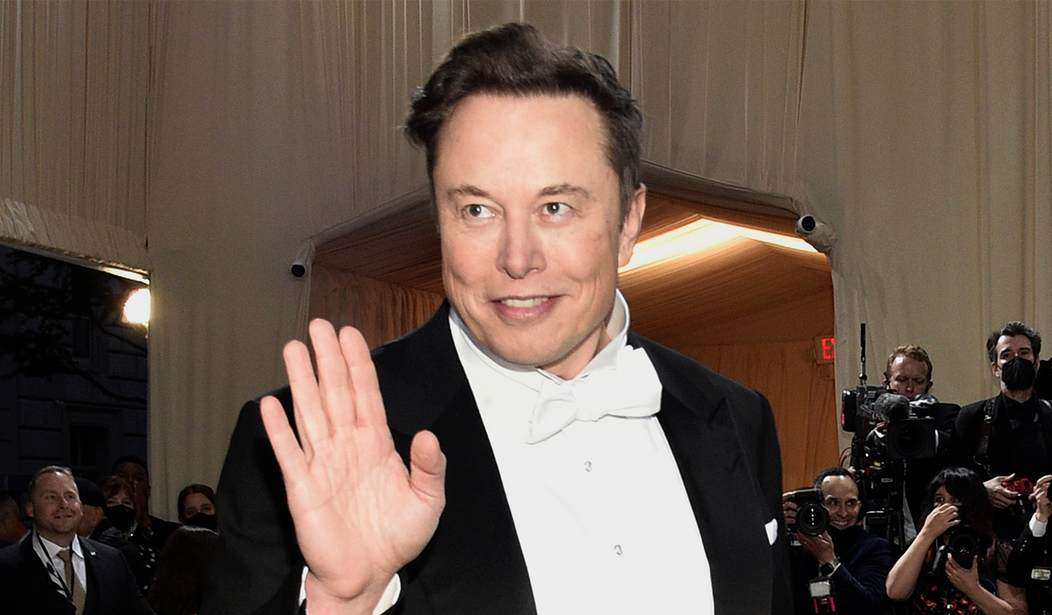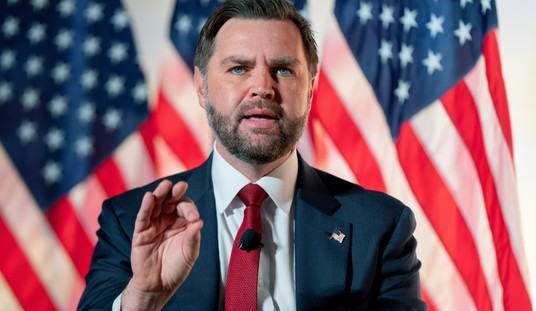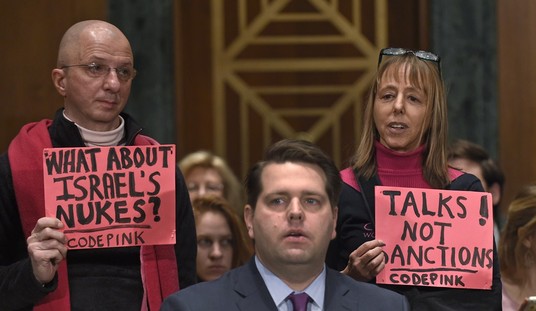Here’s an interesting thought experiment. In the ever-intricate web of global politics, Elon Musk found himself thrust into the war between Ukraine and Russia. His company, SpaceX, could have become a linchpin in deciding the trajectory of the conflict through its Starlink satellite communications system.
Under pressure to provide the service to Ukraine, which sought to carry out a devastating submarine drone strike against the Russian navy, Musk approached a critical crossroads. The question is: What would have happened if the entrepreneur had chosen differently?
For those who haven’t seen the story yet:
In a startling revelation from a report highlighting Walter Isaacson’s upcoming biography of Elon Musk, it has been revealed that the entrepreneur directed his team to deactivate SpaceX’s Starlink satellite communications system near Crimea last year, which possibly thwarted a planned Ukrainian assault on the Russian fleet. However, Musk shed more light on the situation, noting that it did not happen quite the way it was reported.
Isaacson’s account asserts that Ukrainian submarine drones carrying explosives had approached Russia’s fleet when they unexpectedly lost connection and wound up drifting ashore without causing any damage. Musk’s decision was reportedly motivated by concerns over a potential Russian nuclear retaliation that could have killed many people on both sides of the conflict, according to a CNN exclusive report:
Elon Musk secretly ordered his engineers to turn off his company’s Starlink satellite communications network near the Crimean coast last year to disrupt a Ukrainian sneak attack on the Russian naval fleet, according to an excerpt adapted from Walter Isaacson’s new biography of the eccentric billionaire titled “Elon Musk.”
As Ukrainian submarine drones strapped with explosives approached the Russian fleet, they “lost connectivity and washed ashore harmlessly,” Isaacson writes.
Musk’s decision, which left Ukrainian officials begging him to turn the satellites back on, was driven by an acute fear that Russia would respond to a Ukrainian attack on Crimea with nuclear weapons, a fear driven home by Musk’s conversations with senior Russian officials, according to Isaacson, whose new book is set to be released by Simon & Schuster on September 12.
Musk’s concerns over a “mini-Pearl Harbor” as he put it, did not come to pass in Crimea. But the episode reveals the unique position Musk found himself in as the war in Ukraine unfolded. Whether intended or not, he had become a power broker US officials couldn’t ignore.
In a post on X, the social media platform formerly known as Twitter, Musk clarified that he did not shut off Starlink in Crimea as it had not been operational in Crimea in the first place. However, he explained that Ukraine’s government asked him to activate the service in that region to help its military carry out the attack on the Russian fleet. “If I had agreed to their request, then SpaceX would be explicitly complicit in a major act of war and conflict escalation,” he wrote.
There was an emergency request from government authorities to activate Starlink all the way to Sevastopol.
— Elon Musk (@elonmusk) September 7, 2023
The obvious intent being to sink most of the Russian fleet at anchor.
If I had agreed to their request, then SpaceX would be explicitly complicit in a major act of war and…
Fortunately, Musk did not acquiesce to Ukraine’s request, and the planned attack went nowhere. But what if he had? What would have happened if Musk allowed Ukraine to use Starlink to carry out its attack? Beyond the immediate geopolitical ramifications, such a scenario carries with it considerable ethical, legal, and moral implications, especially as it pertains to one individual having the power to intervene in such a nasty military conflict.
If Ukraine had successfully carried out its attack on the Russian fleet, it could have dealt a tremendous blow to its military machine, and many lives would have been lost. In retaliation, Russia’s response would have been swift and devastating. Indeed, a nuclear attack could have been in the cards, which would have pushed the world closer to a global catastrophe as the landscape would have become further destabilized.
It would have been a complete and utter disaster, to say the least.
But beyond the military and geopolitical outcomes, there are deeper and more philosophical concerns underlying this story. We now live in a world in which one man can make a decision that carries with it profound — and potentially deadly — implications. The budding marriage between technology and geopolitics has placed immense burdens on private entities that essentially control global communications.
The question is: Should private entities have the capability to make such determinations, or should they be subject to government oversight? It is an issue that was also explored in Marvel’s “Avengers: Civil War.” In this case, it is people like Elon Musk, not Tony Stark (Iron Man), who have amassed immense power – and responsibility.
If Starlink had enabled Ukraine to carry out the attack, and a humanitarian crisis ensued, could, and should, Musk be held at least partially responsible for the decision he made with technology he created and owns? This would be uncharted territory, for sure. International law has typically engaged with state actors and their decisions, but would it be different if it involved a private entity? Possibly.
But, it is also worth asking the same question about our government, as well as others. If the United States had directly provided satellite communications to Ukraine, and it resulted in disaster, would that have been more acceptable than it would if a private individual did the same? America’s history with war and disastrous nation-building practices tell us that it probably would be.
After all, how many government officials have been held accountable for the damage they have wrought using the mightiest military in the world to pursue a questionable agenda? How many millions of lives have been lost over the past decades due to the actions of our military and intelligence apparatus? Even more importantly, why would it be acceptable for the state to make this type of decision and not a private actor?
Indeed, while Elon Musk is one man endowed with incredible power, so is the President of the United States. Yet, many of us would support such a decision made by the latter before the former. There are no easy answers to these questions. But as the advancement of technology marches on and more people like Elon Musk emerge, they are questions that we might have to address sooner rather than later.











